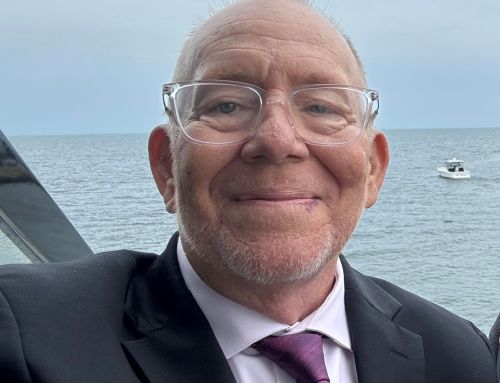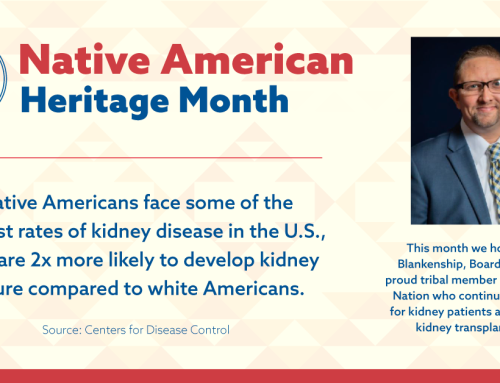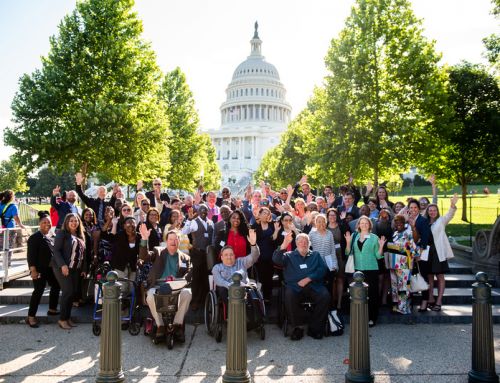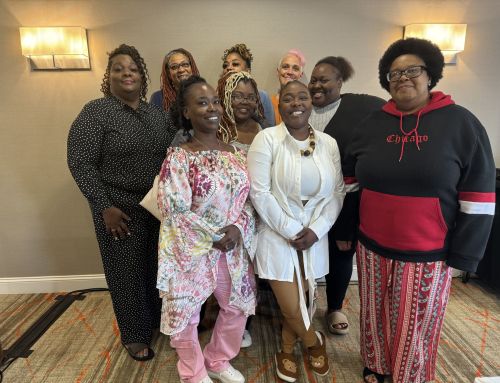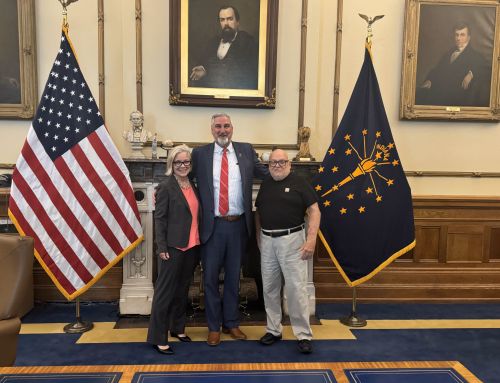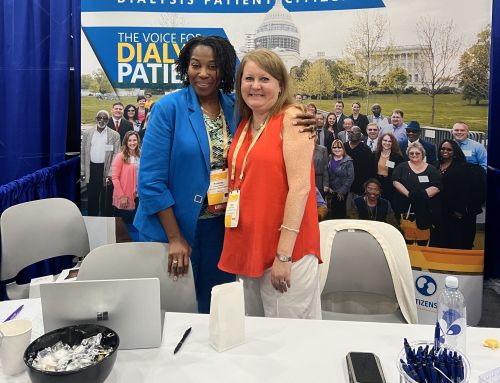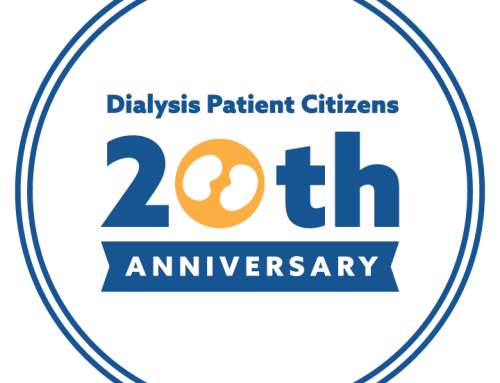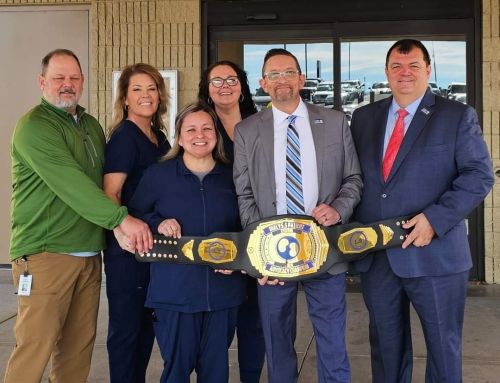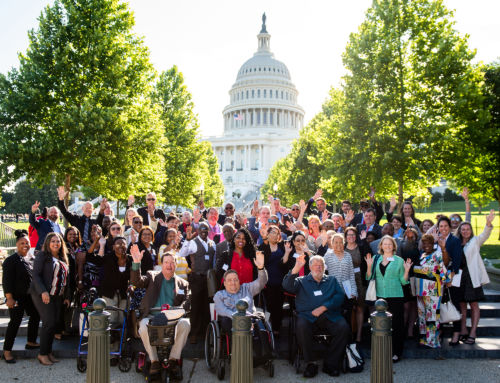On February 25, Congressman Jerrold Nadler (D-NY) and Congressman Michael Burgess M.D. (R-TX), joined by Senator Kirsten Gillibrand (D-NY) and Senator Mark Kirk (R-IL), introduced the Living Donor Protection Act of 2016 to protect the rights of living organ donors.
The Family and Medical Leave Act (FMLA) does not specify that living organ donors can take unpaid leave to recover from their donation and does not guarantee that donors will have a job waiting for them after surgery. Further, according to a 2007 study in the American Journal of Transplantation, as many as 11 percent of living organ donors experience difficulty securing or paying for insurance after their procedures because of discriminatory practices.
The Living Donor Protection Act would protect living organ donors and promote organ donation in three easy, low-cost ways:
- Prohibits life, disability, and long-term care insurance companies from denying or limiting coverage and from charging higher premiums for living organ donors;
- Clarifies that living organ donors may use FMLA time to recover from the surgeries and procedures involved in their donation; and
- Directs the Department of Health and Human Services (HHS) to update their materials on live organ donation to reflect these new protections and encourage more individuals to consider donating an organ.
Representative Nadler, Representative Burgess, Senator Gillibrand, and Senator Kirk issued the following joint statement announcing the introduction of the Living Donor Protection Act:
“Every year, thousands of Americans donate kidneys, livers, and other organs to save the lives of family members, friends, and even complete strangers struggling with life-threatening illnesses. An organ donor’s decision to undergo these invasive procedures not only saves lives, it saves money. Organ donation cuts health care costs by as much as two-thirds, saving Medicare millions of dollars every year. Yet, despite taking this heroic step to save a life, living organ donors many times face discrimination when they try to take medical leave or buy insurance. The Living Donor Protection Act, which has bipartisan support in both the House and Senate, would fix that injustice. Rather than putting roadblocks in the way of living organ donation, Congress should encourage more individuals to become living donors and protect the rights of those donors to receive the insurance and medical leave they need.”







